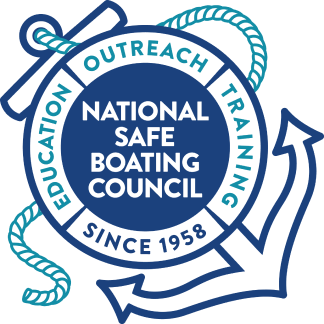Over the last three years (2018-2020), Congress has passed two laws requiring, first, that manufacturers install engine cut-off switches on recreational vessels and, second, that recreational vessel operators use those engine cut-off switches. The laws that have placed these requirements on 2 recreational vessel manufacturers and recreational vessel operators are found in United States Code (USC), as opposed to the Code of Federal Regulations (CFR) where these types of requirements are typically found. These are federal laws and not enforceable by state and local marine officers at this time. These new laws will improve safety for all recreational boaters by reducing the potential for propeller injuries to recreational vessel operators, other users of the nation’s waterways, and marine law enforcement officers responsible for responding to runaway boats.
More specifically, Section 503 of the LoBiondo Coast Guard Authorization Act of 2018 created 46 USC 4312 to require a manufacturer, distributor, or dealer that installs propulsion machinery and associated starting controls on a covered recreational vessel (less than 26 feet long and capable of 115 pounds of static thrust) to equip the vessel with an ECOS per compliant with ABYC Standard A-33. This law went into effect on December 4, 2019 one year after the 2018 CGAA was enacted and is referred to as the “installation requirement.”
Section 8316 of the National Defense Authorization Act of 2021 amended 46 USC 4312 to require individuals operating those recreational vessels covered by the installation requirement to use ECOS links, except if the main helm is within an enclosed cabin or the vessel does not have and is not required to have an ECOS. It provides a penalty of $100, $250, and $500 for the first, second, and third offenses, respectively. The law goes into effect on April 1, 2021. This requirement is referred to as the “use requirement.”
The seven States listed below have ECOS laws:
• Alabama
• Arkansas
• Illinois
• Louisiana
• Nevada
• New Jersey
• Texas
The Coast Guard will be contacting those states to discuss those laws this coming month. Federal law preempts States from enacting or enforcing a law on a subject that is different from a federal law on the same subject. However, the Coast Guard has the authority to provide an exemption from
preemption if recreational vessel safety is not adversely affected, as when a state law is close enough to the federal law and does not adversely affect recreational vessel safety.
The Coast Guard is putting together a press release, frequently asked questions (FAQs) and other educational materials on this new boating safety requirement and will disseminate those prior to the April 1, 2021 deadline. The Coast Guard will also make a presentation on this topic at the BLA Workshop. If you have any questions please contact your state coordinator.


